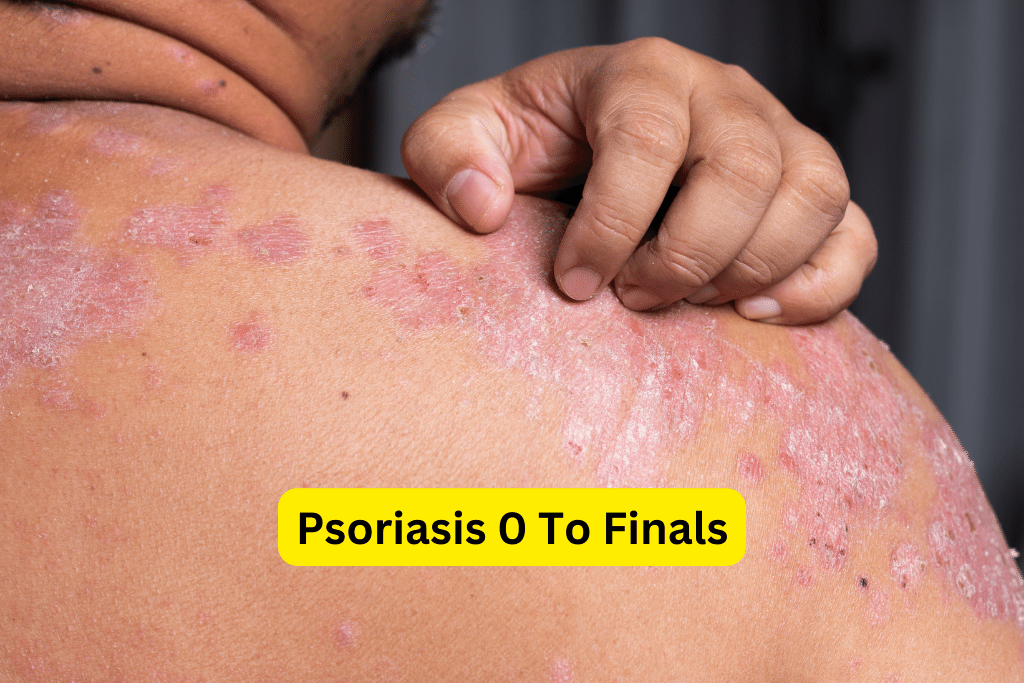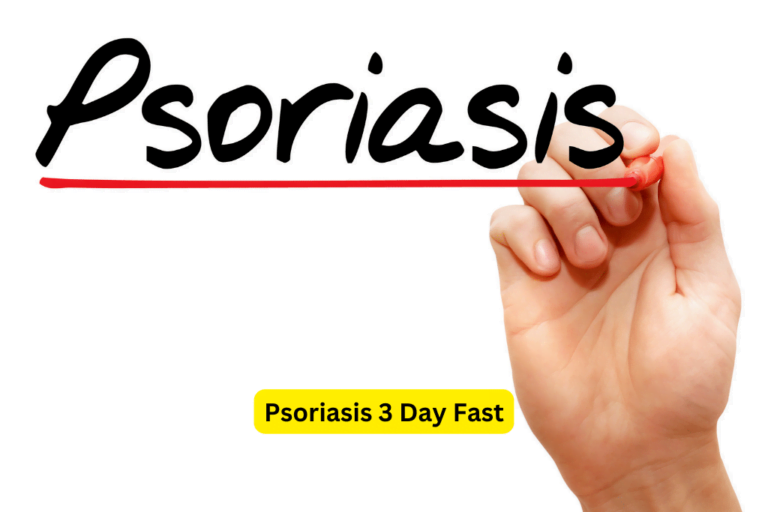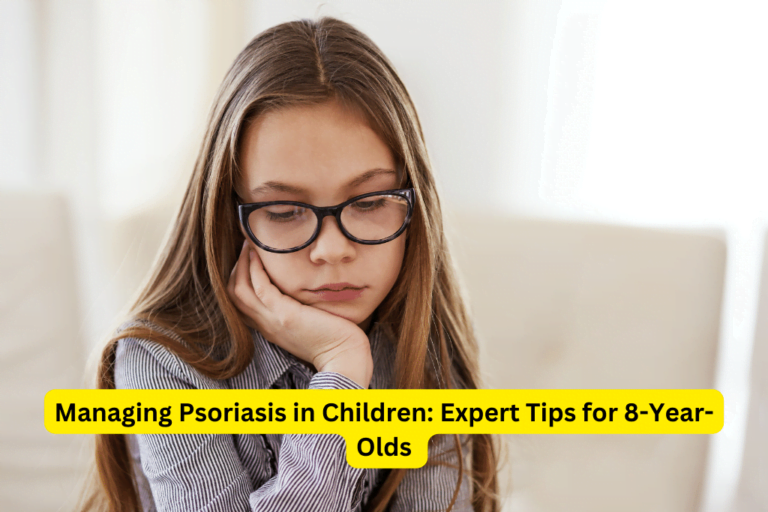Triumph and Healing: Psoriasis Struggles to Championship Glory
Psoriasis 0 To Finals
Psoriasis is a chronic autoimmune disease characterized by raised, red, and scaly patches on the skin. It affects over 125 million people worldwide, making it a common skin condition. The impact of psoriasis goes beyond the physical symptoms, as it can also have significant emotional and social consequences for those living with the condition. Early diagnosis and appropriate management are crucial in controlling psoriasis and improving the quality of life for patients.
Understanding Psoriasis
Psoriasis has several causes and triggers that contribute to its development. It is thought to be related to an overactive immune system, in which the body’s immune cells mistakenly attack healthy skin cells. Genetic factors, environmental factors, and a dysfunctional immune system all play a role in the development of psoriasis.
There are different types of psoriasis, each with distinct characteristics. The most common type is plaque psoriasis, which presents as raised, reddish patches covered with a silvery-white buildup of dead skin cells. Other types include guttate psoriasis, inverse psoriasis, pustular psoriasis, and erythrodermic psoriasis. The symptoms of psoriasis may vary from person to person, but common signs include itching, burning, and pain.
Diagnosing Psoriasis
Diagnosing psoriasis involves a combination of physical examination, medical history, and sometimes, further tests. A healthcare professional will examine the affected areas and inquire about symptoms and family history. In some cases, a skin biopsy or laboratory tests may be recommended to confirm the diagnosis and rule out other skin conditions that may mimic psoriasis.
Psoriasis Management
While there is no cure for psoriasis, effective management strategies can help control symptoms and reduce flare-ups. Making lifestyle changes is an essential aspect of managing psoriasis. These changes may include adopting a healthy diet, incorporating regular exercise, managing stress, and implementing proper skincare routines.
Diet and Nutrition Recommendations for Psoriasis
Avoiding certain foods and including others in your diet can help manage psoriasis. Foods to avoid may include processed foods, red meat, refined sugars, and alcohol. On the other hand, incorporating anti-inflammatory foods such as fruits, vegetables, whole grains, and fatty fish can be beneficial. Some psoriasis patients may also consider supplements such as omega-3 fatty acids, vitamin D, and probiotics.
Exercise and Stress Management for Psoriasis
Regular physical activity is crucial in managing psoriasis. Exercise helps reduce inflammation, improve immune function, and relieve stress. Additionally, stress reduction techniques such as mindfulness meditation, deep breathing exercises, and yoga can be beneficial in managing psoriasis symptoms.
Skincare Tips for Psoriasis
Maintaining proper skincare routines can help minimize skin irritation and manage psoriasis symptoms. Moisturizing regularly, avoiding hot water during bathing, and using gentle skincare products are important steps in skincare for psoriasis patients.
Treatment Options for Psoriasis
There are several treatment options available for psoriasis, tailored to the severity and specific needs of each individual. These treatment options include topical treatments, phototherapy, systemic medications, biologic therapies, and alternative and complementary treatments.
Topical Treatments for Psoriasis
Topical treatments are typically the first line of treatment for mild to moderate psoriasis. They include corticosteroids, topical retinoids, vitamin D analogues, and topical calcineurin inhibitors. These medications work by reducing inflammation, slowing down the growth of skin cells, and relieving itching and redness.
Phototherapy for Psoriasis
Phototherapy involves the controlled exposure of the skin to specific types of light, such as PUVA (Psoralen plus UVA) and UVB (Ultraviolet B) therapy. These treatments help slow down skin cell growth and reduce inflammation. Another option is excimer laser therapy, which delivers targeted light to affected areas.
Systemic Medications for Psoriasis
If psoriasis is severe or unresponsive to topical treatments, systemic medications may be prescribed. These medications include methotrexate, cyclosporine, and retinoids. They work by suppressing the immune system or slowing down skin cell growth.
Biologic Therapies for Psoriasis
Biologic therapies are a newer class of medications that target specific parts of the immune system involved in psoriasis. They include TNF-alpha inhibitors, IL-17 inhibitors, and IL-23 inhibitors. These medications are typically administered by injection or intravenous infusion and can be highly effective in managing moderate to severe psoriasis.
Alternative and Complementary Treatments for Psoriasis
In addition to conventional treatments, some individuals may explore alternative and complementary therapies such as herbal remedies, acupuncture, and aloe vera. It is important to consult with a healthcare professional before trying these treatments to ensure they do not interact with any prescribed medications.
Managing Psoriasis Flare-Ups and Triggers
Identifying and avoiding triggers is an important part of managing psoriasis. Common triggers may include stress, certain medications, infections, and injury to the skin. Strategies for preventing flare-ups include maintaining a healthy lifestyle, managing stress, and avoiding known triggers. In the event of a flare-up, prompt treatment and proper skincare can help minimize symptoms and expedite healing.
Emotional Support and Coping Strategies
Living with psoriasis can have a significant impact on emotional well-being. Seeking support from friends, family, and support groups can provide a sense of belonging and understanding. Therapies such as cognitive-behavioral therapy and counseling services can also be beneficial in addressing the emotional toll of psoriasis and developing effective coping strategies.
Conclusion
Psoriasis is a chronic condition that requires lifelong management. By understanding the causes, symptoms, and treatment options, individuals can take control of their psoriasis journey. Implementing lifestyle changes, following treatment plans, and seeking support are all crucial steps towards achieving symptom control and improving overall well-being. Remember, with proper management and continuous care, individuals with psoriasis can empower themselves to live a fulfilling life free from the limitations of their condition.
References
1. National Psoriasis Foundation. (n.d.). Psoriasis. Retrieved from https://www.psoriasis.org/
2. Mayo Clinic. (2021). Psoriasis. Retrieved from https://www.mayoclinic.org/diseases-conditions/psoriasis/symptoms-causes/syc-20355840
3. American Academy of Dermatology Association. (n.d.). Psoriasis. Retrieved from https://www.aad.org/public/diseases/psoriasis/
"Have You Seen Mike Walden's new holistic acne System yet? It's called "Acne No More" I've read the whole thing (all 223 pages) and there's some great information in there about how to naturally and permanently eliminate your acne without drugs, creams or any kind of gimmicks. I highly recommend it - it's very honest and straightforward without all the hype and b.s. you see all over the net these days. Here's the website where you can get more information:
Click Here -->AcneNoMore









